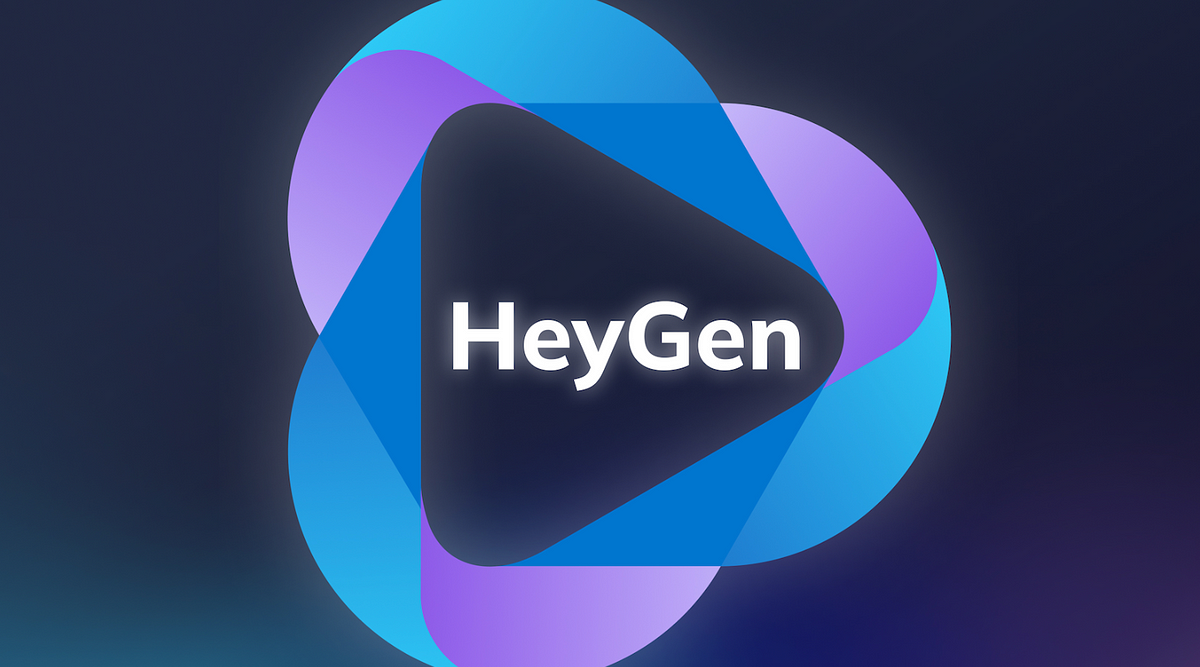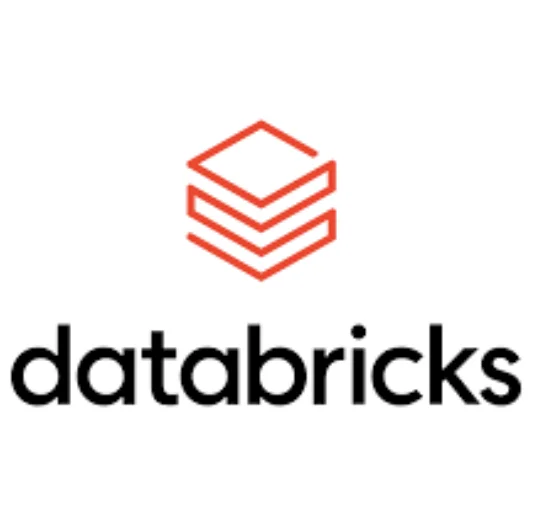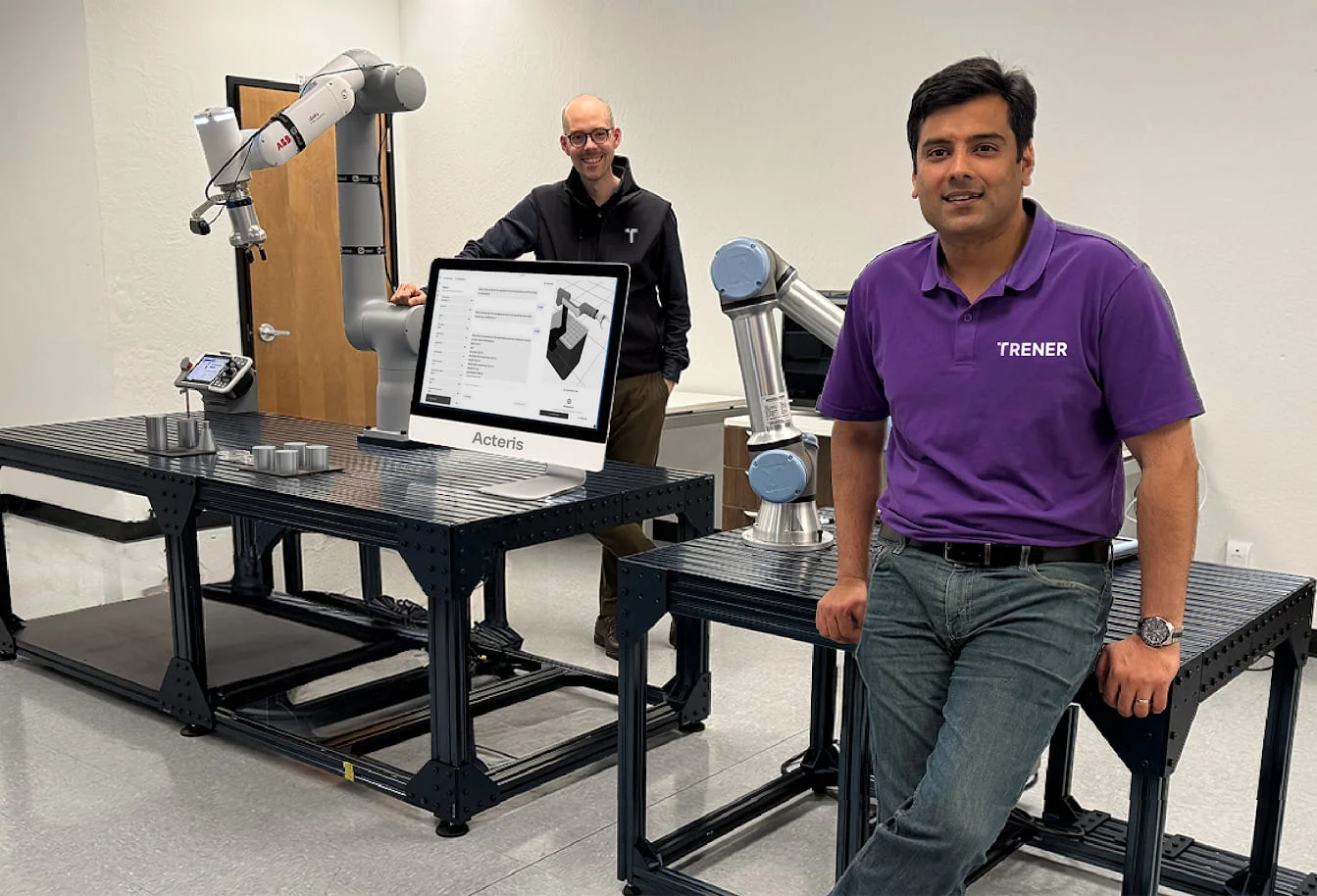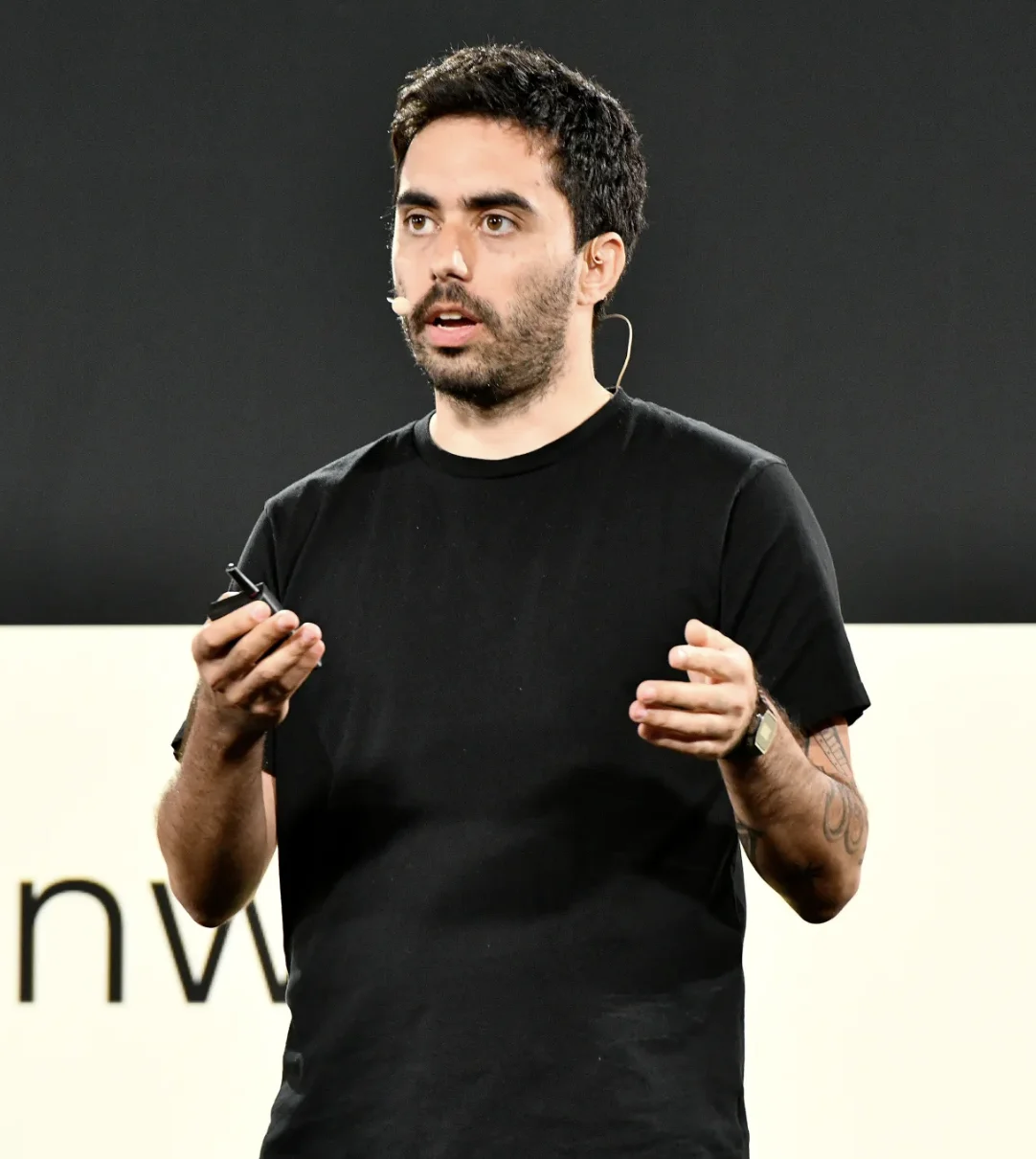HeyGen, an AI startup revolutionizing video production, has recently secured a $60 million Series A funding round, propelling its valuation to over $500 million. Co-founder and CEO Joshua Xu shared insights into the company’s technology, market position, and ethical considerations in a recent interview.
Xu explains the core concept behind HeyGen: “We are building a video platform, leveraging the technology to do that. So, in short, in order for a customer to win an avatar, what did you think of themselves… they need to submit footage and then submit the live without consent and also without dynamic verbal Pascal. And then our air model, we verify that and create our version of that.”
This technology aims to simplify video production, addressing a growing demand in the digital age.
“Nowadays, our audience live out the video, first of all,” said Xu. “And everyone, it’s like watching a couple videos every day. There’s more than billion hours of video being watched on YouTube every day. Right? But the problem is that video is expensive to make and businesses are struggling to keep up with demand.”
HeyGen’s success is evident in its customer base. Xu proudly stated: “HeyGen’s product has more than 4000 paying customers.” These clients use the platform for various purposes, including creating localized and personalized content without the need for traditional video production tools.
However, the rapid growth and high valuation of HeyGen raise questions about the true value of the company, considering it primarily utilizes existing AI APIs rather than developing proprietary technology. Critics argue that the $500 million valuation may be inflated, given the accessibility of similar AI tools.
Addressing concerns about potential misuse, Xu stressed their commitment to trust and safety.
“We combine automatic system with a model plus human review,” he said. “We had a human moderator in the back to make sure there’s no misinformation, disinformation, harassment, child safety, political or election specific content being used for this type of technology.”
As HeyGen continues to grow, it faces the challenge of balancing innovation with ethical considerations, particularly in an election year where AI-generated content could have significant implications. The company’s journey reflects broader industry trends, where AI-powered tools are reshaping traditional processes while simultaneously raising important questions about authenticity and responsible use in the digital age.






